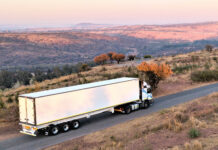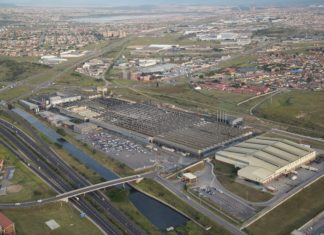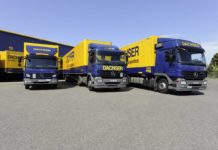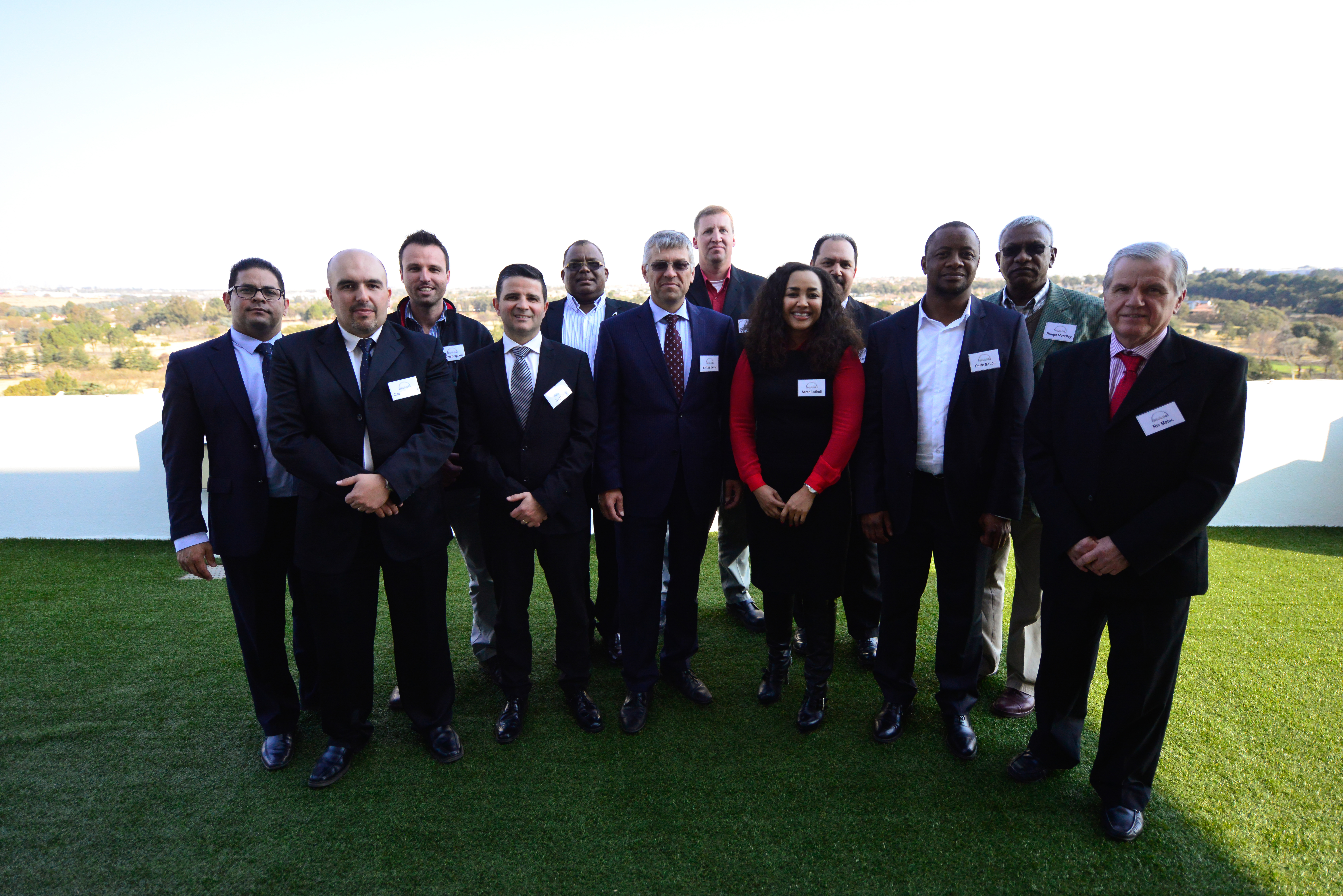South Africa’s trucking industry was rapidly being transformed by digitalisation and, from a business perspective, transport operators who chose to ignore the technology faced the prospect of losing competitiveness.
That was one of the key messages delivered at the fourth annual TruckX Conferences and Expo held last week at the Kyalami Grand Prix Circuit in Midrand.
More than 1 400 delegates attended the two-day event – sponsored Standard Bank and Ctrack by Inseego – which provided a premier information opportunity for the transport, logistics, materials handling and fleet industries.
Topics discussed by a high-powered line-up of experts included trends in the commercial fleet industry, the benefits of clean fuel to the transport industry, and the importance of truck safety compliance.
In a keynote address at TruckX, the executive head of IoT Solutions at Vodacom SA, Tony Smallwood, said digitalisation was beginning to affect all facets of industries.

“Competitiveness will have a direct correlation to digitalisation, and traditional industries will need to transform to compete in 2020. Data, platforms and innovation will disrupt the norm. The Uber, AirBNB and Kindle of your industry will happen – and you need to be in a position to either be the change agent or be ready to adapt,” he said.
According to Smallwood, transformation was already evidenced in next-generation supply chains. Based on a survey conducted for the materials handling, logistics and supply chain industry, executives polled defined emerging supply chains as digital, on-demand and always-on.
About 80% of respondents said they expected digitalisation to become the predominant global model within five years, while 16% indicated that systems had already embraced the technology.

“Today, trucks have already become a mobile node in the Internet of Things, with trucking companies and drivers benefitting from IoT logistics data that’s now available to them from mobile devices in the cab,” said Morné Janse van Rensburg, CEO of VSC Solutions.
“The cost of hardware and connectivity has dropped significantly in recent years, while cloud processing has become affordable and accessible to all sizes of businesses. All this is driving the IoT and opens up the possibility of connecting just about anything.”
Hein Jordt, MD of Ctrack South Africa, agreed that fast development of technology was increasingly changing the way fleet owners did business. “There are global evolutionary concepts out there that are quickly transforming the logistics and trucking industries.

“The implication of the Internet of Things is that telematics is able to perform at a whole new level. Among this is automating business process for improved quality and lower costs, applying analytics to the entire logistics value chain, and optimising how systems, assets and people integrate to work together.
“Now more than ever, fleet owners should embrace the advancements in telematics technology in order to be fully prepared when the wave of digitalisation fully hits,” he said.















